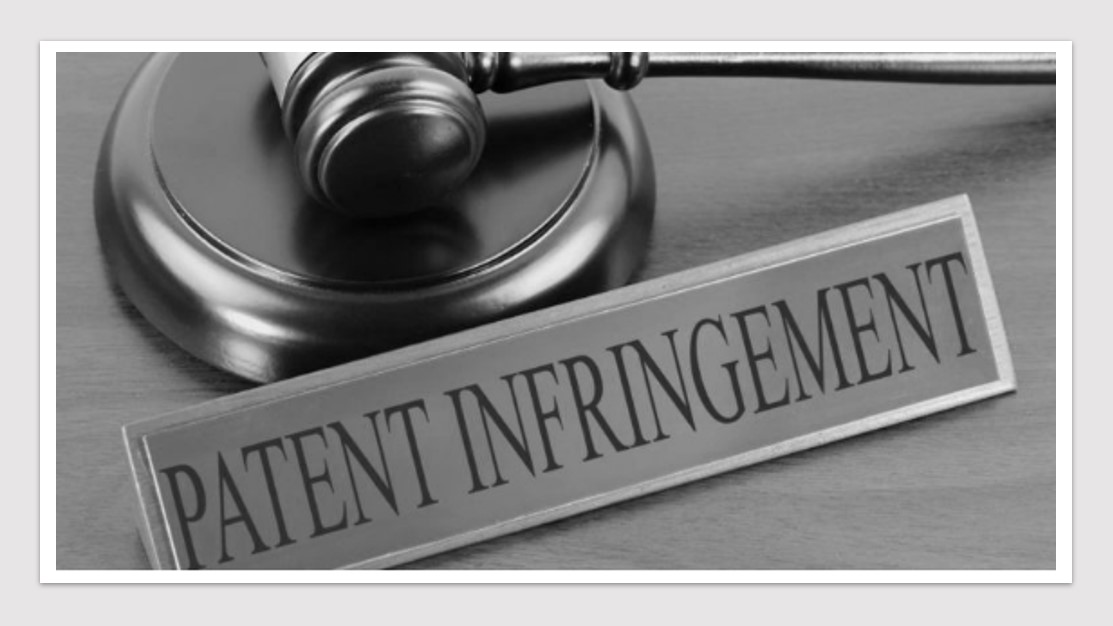News & Trends - Pharmaceuticals
Are CAR-T patent disputes inevitable in the Australian market?

Pharma News: Chimeric antigen receptor (CAR) T-cell therapy has been in the spotlight due to its ability to achieve lasting remission in blood cancers as well as the potential to treat solid tumours and autoimmune disease.
While CAR-T patent disputes have not yet hit the Australian or European Courts, they have already commenced in the US.
Currently, there are five approved CAR-T cell therapies in the US, four in Europe and three in Australia. This number is expected to rapidly increase over the next few years, given there are over 500 clinical trials worldwide involving CAR-T cells underway. The global CAR-T cell therapy market is expected to reach US $15 – 20 billion by the end of 2028.
In 2017, Juno Therapeutics (a BMS company) – exclusive licensee of Sloan Kettering Institute for Cancer Research patent ‘190 – sued Kite Pharma (a Gilead company) alleging that Gilead’s Yescarta infringed this patent.
In 2019 a jury agreed with BMS finding Gilead wilfully infringed the patent and awarded US $752 million in damages. This was expanded to US $1.2 billion by another judge in 2020. Gilead appealed the decision arguing that the patent did not satisfy the written description requirement because it covered an infinite number of potential single chain variable fragment (scFv) without disclosing specific structural features.
Finally, in 2021 the Federal Circuit found that the verdict validating the patent was “not supported by substantial evidence”. In January 2022, the Court of Appeals rejected BMS’ petition for rehearing.
Currently, three CAR-T cell therapies are approved in Australia:
- Novartis’ Kymriah (tisagenlecleucel) – Approved in December 2018
- Gilead’s Tecartus (brexucabtagene autoleucel) – Approved in July 2021
- Gilead’s Yescarta (axicabtagene ciloleucel) – Approved in February 2021
According to Pearce IP, several of the patents that cover Novartis’ Kymriah have been granted a patent term extension and have an expiry date of December 2033. These patents appear to be circumventable.
Several CAR-T therapies which have been approved overseas have not been filed for regulatory approval in Australia due to the commercial lag. Whether early Australian patents will expire unchallenged as a result remains to be seen.
News & Trends - MedTech & Diagnostics

Pathology reforms: Frozen fees, windfall gains, and the fight for bulk-billing
Diagnostics & MedTech News: For nearly a quarter-century, pathology fees have remained stagnant, a situation deemed patently unfair by Australian […]
MoreNews & Trends - Pharmaceuticals

Call for coordinated policy and cross jurisdiction funding in chronic disease
Pharma News: The life expectancy of Australians is still rising, however the increased prevalence of chronic conditions and co- and […]
MoreNews & Trends - MedTech & Diagnostics

Expansion of hospital services for patients in NSW Macarthur region
MedTech & Diagnostics News: Marking a historic milestone with NSW Deputy Premier Prue Car and Health Minister Ryan Park, Campbelltown […]
MoreNews & Trends - Biotechnology

Superiority of cell-based flu vaccine revealed in RWE study
Biotech News: Vaccines stand as the primary strategy to mitigate the considerable morbidity, mortality, and economic burden associated with influenza. […]
More